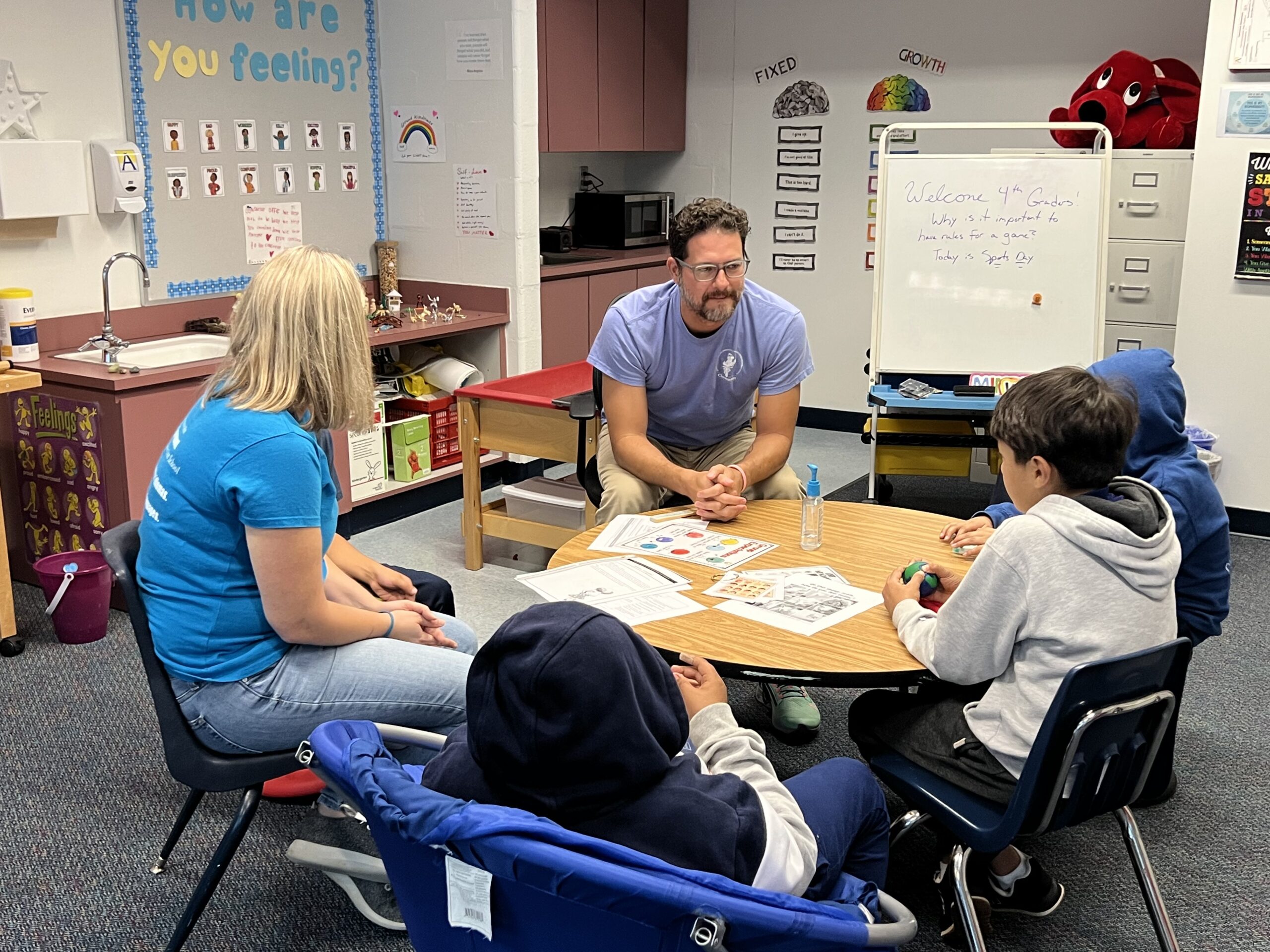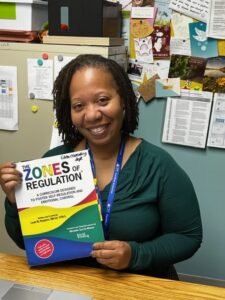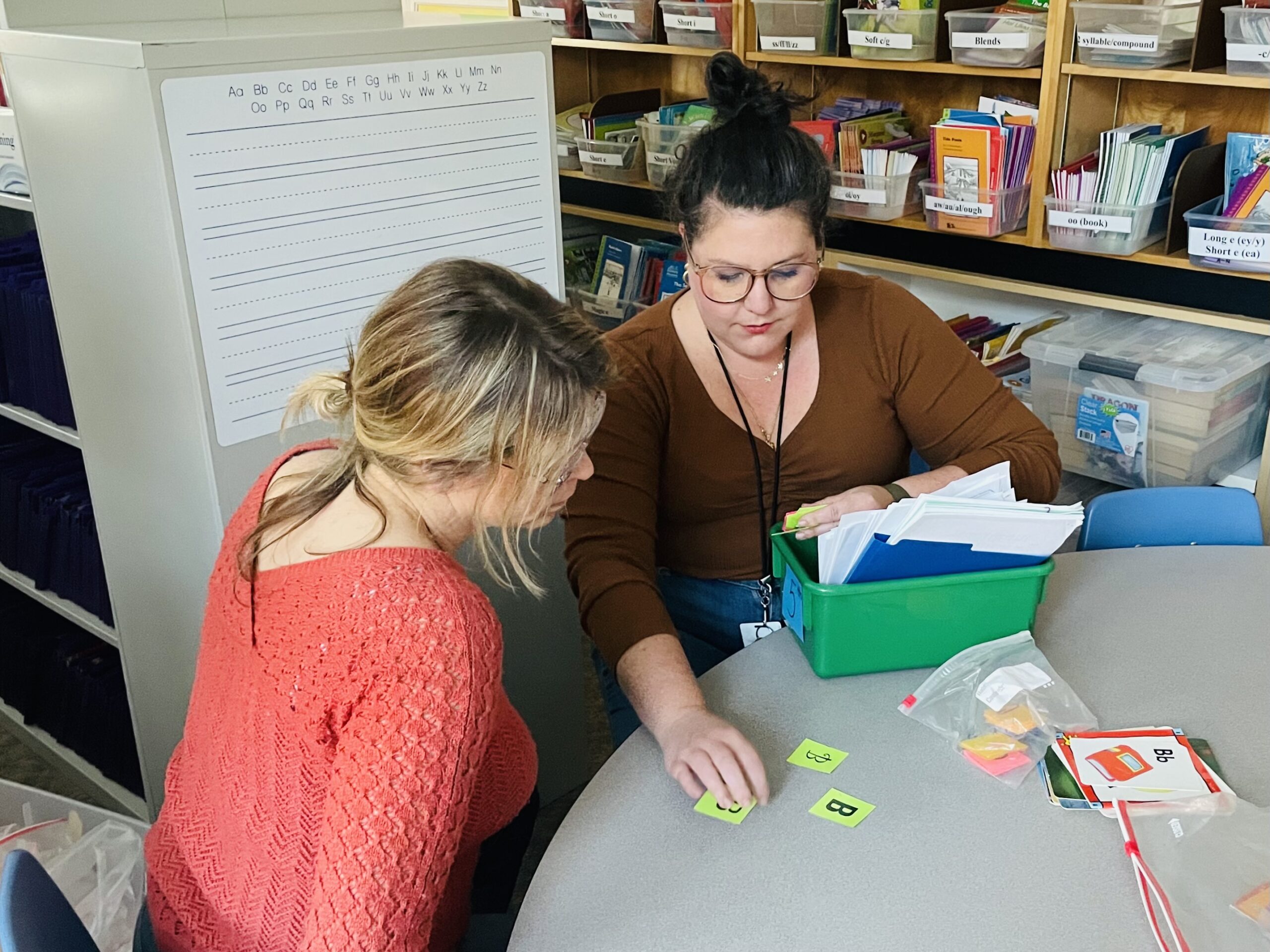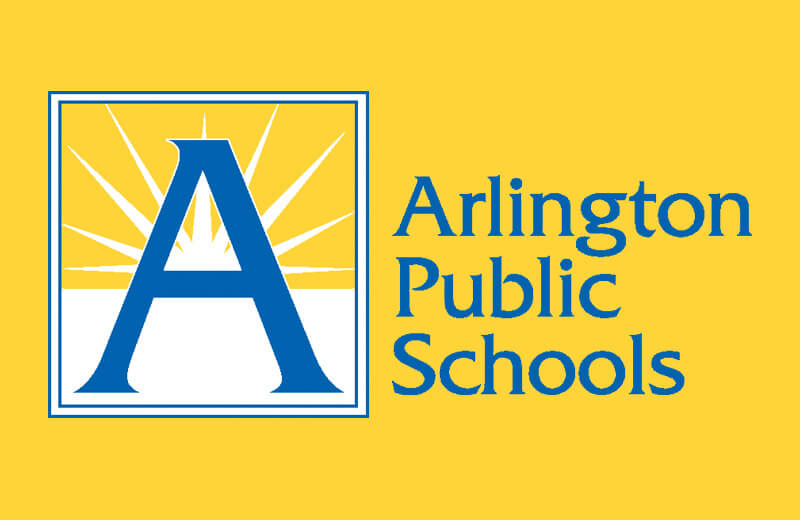
National School Psychology Week is this week, Nov. 7-11, with the theme Together We Shine. At APS, school psychologists bring high levels of expertise in supporting the holistic needs of students, individualized to each specific context and situation. They support school teams in problem-solving learning challenges, behaviors, or social-emotional needs. Please use #SchoolPsychWeek on social media to join the conversation.
Meet APS School Psychologists

??♀️ Tanya Moncrieffe-Heath, PsyD, NCSP
? Thomas Jefferson Middle School
? “Impacting students in a way that motivates them to take any newfound knowledge or skill and apply it towards making positive changes in their life, school, home and/or community is priceless. It is my greatest joy to know that when students leave middle school, where I work, they can successfully manage not only the academic but also the social-emotional demands that are placed upon them in high school and beyond.”

??♀️ Don Clinger
? Claremont Elementary School
? “I enjoy learning how students learn. This helps me support the people around our students and the students themselves. Addressing the right needs for our learners, whether academic or social-emotional, can be the catalyst for positive momentum across many aspects of school life.”

??♀️ Eleanor Lewis, M.A./CAGS,NCSP
? Glebe Elementary School
? “At the elementary level, school psychologists have a unique and wonderful opportunity to set students on a path to success. From supporting students’ SEL, emotional regulation, self-awareness, and agency to helping identify and address barriers to learning, we play an important role in constructing a strong educational base. I enjoy working with students, teachers and families to develop critical life skills and build that strong foundation.”
As a school psychologist, engaging in collaborative problem-solving and consultation with staff and families has a positive and indirect impact on improved student outcomes. I value creative problem-solving and having courageous conversations with colleagues to identify students’ needs or barriers to progress and to advocate for systems-level change, all in support of students’ growth and well-being. When adults are better-informed and provide access to appropriate support, students can thrive – academically, socially, and emotionally.

??♀️Jennifer Lambdin, Ed.S, NCSP
? Ashlawn Elementary School
? As a school psychologist, engaging in collaborative problem-solving and consultation with staff and families has a positive and indirect impact on improved student outcomes. I value creative problem-solving and having courageous conversations with colleagues to identify students’ needs or barriers to progress and to advocate for systems-level change, all in support of students’ growth and well-being. When adults are better-informed and provide access to appropriate support, students can thrive – academically, socially, and emotionally.
Check back each day all week long to meet more APS Psychologists.
Qualifications of APS School Psychologists
- Have expertise in mental health, learning, and behavior
- Diverse, highly skilled staff. (15% bilingual, 10% born outside US)
- All hold Master’s, Specialist, or Doctorate degrees
- 87% are nationally certified by a professional organization
What do APS School Psychologists do?
- Promote positive behavior and mental health
- Improve academic achievement through intervention and consultation
- Support diverse learners
- Create safe, positive school climates
- Strengthen family-school partnerships
- Engage in evaluation, data collection/analysis, and progress monitoring
 Contact
Contact  Calendars
Calendars Careers
Careers Engage
Engage  District
District


